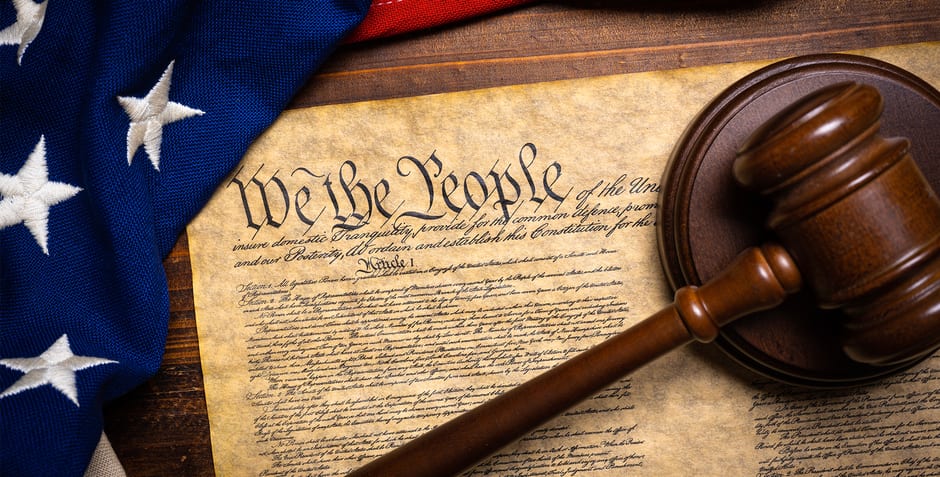American Conservatives Must Embrace First Principles
Listen tothis article
What does it mean to be a conservative? It’s worth contemplating, as there seems to be a proliferation of public figures who claim the mantle of conservatism without appearing to have even a passing acquaintance with its foundational values.
There have always been different strands of American conservatism: Some are more libertarian-minded, others more firmly rooted in social conservatism. Not only is there room for dissenting views within the movement, but it is critical to the intellectual health of any political philosophy to contain a diversity of perspectives in order to keep it alive and responsive to real-world conditions. Yet without core pillars undergirding a consensus view of conservatism, the term loses all meaning. President Reagan understood this well, which is why his “three-legged stool” model – uniting fiscal conservatives, social conservatives, and foreign policy hawks – proved so successful.
For American conservatives, our political philosophy is rooted first and foremost in reverence for our constitutional order, and all that goes with it. That means respecting the unalienable freedoms set forth in the Bill of Rights, to which all Americans – regardless of background or creed – are entitled, with zero tolerance for bigotry of any kind. It means jealously guarding the checks and balances within our system. And it means building a system in which the rights of the individual reinforce a virtuous system that balances freedom and responsibility, and distinguishes liberty from license.
Respect for the rule of law extends logically from this approach to governance. Governments exist in order to keep citizens and their property secure; this is the essence of the social contract that underpins any civilized society. History is replete with evidence of the social decay that results from progressive policies that undermine or decline to enforce the law – whether in our increasingly crime-ridden cities or at our southern border.
Properly understood, conservatism should also mean seeking a smaller, more modest vision of government than our bloated federal government currently embodies. The free market, property rights, and a government that gets out of the way of individuals seeking to create wealth have always been the foundation of America’s economic supremacy and are rooted in bedrock conservative principles. Like many Republicans, it was the experience of watching our government grow too big and start to get in the way of our core freedoms that first inspired me to run for Congress back in 2010.
The idea of “Big Government conservatism,” which some have embraced, is oxymoronic: It repurposes the essentially progressive project of a gigantic, centralized government for allegedly conservative purposes, but only succeeds in accreting more power to the state, making it less accountable to the people, and bolsters the culture of clientelism and dependence that progressives initiated with the new New Deal and the Great Society. What’s more, it’s the principal cause of America’s ever-expanding debt, which – if not dealt with soon – will have grave consequences for our future and our children’s futures.
Finally, true conservatives have always understood that the American system cannot survive if we are not prepared to defend it at home and abroad. That requires investing in hard power capabilities that enable us to meet and outmatch any challenge to our sovereignty and protect our ability to pursue our interests in the world. We became the greatest nation on Earth by unapologetically defending our freedoms, securing peace through military strength, free markets and free trade, and by seeking out alliances that bolster these successes. Conservatives may quibble about specific policies, but an appreciation for that signature achievement should unite us all.
Our foreign policy must be backed by a conviction that our system isn’t just worth defending – but that America is a gift and a beacon to the entire world. While there’s always room for debate on the specific policies that flow from this recognition, those who elevate foreign autocrats for their ersatz “traditional values” while demeaning our own system have no right to call themselves conservative.
From affordability to crime, the debt crisis to foreign adversaries, America’s challenges are best addressed through sound, back-to-basics conservative policies. But to do that, we need to be clear about what conservatism is – and what it is not.

